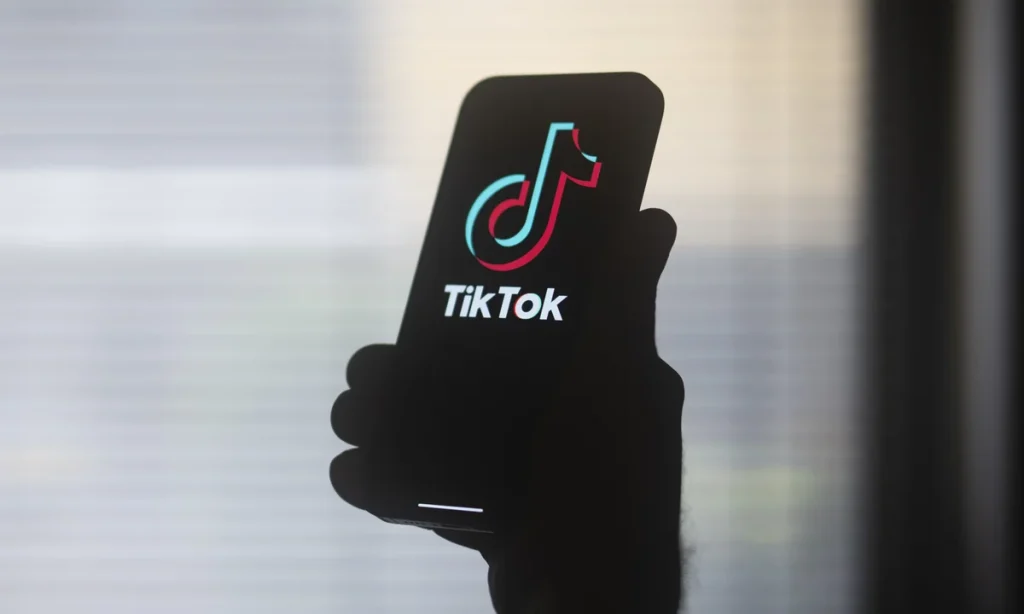The rapid rise of TikTok from a niche video-sharing app to a global social media powerhouse has made it the subject of intense scrutiny, particularly due to its links to China.
The platform is facing accusations of espionage in the United States, while the European Union investigates claims that it was used to influence Romania’s presidential election in favour of a far-right candidate. This raises the question: is TikTok a tool for espionage, a harmless app, or both?
The European Commission is investigating whether TikTok played a role in aiding far-right candidate Calin Georgescu’s unexpected victory in Romania’s presidential election, which took place in the first round. Specifically, the inquiry looks at whether Russian interference and preferential treatment by TikTok influenced the outcome. This investigation marks the third launched by the EU against the app, which could face fines of up to six percent of its global turnover. While Russia denies any involvement, TikTok has stated it has taken robust actions to tackle election-related misinformation.

In April, the United States passed a law requiring TikTok’s Chinese parent company, ByteDance, to sell the platform by January 19, 2025, over concerns of China’s potential access to American user data. If ByteDance does not comply, TikTok could face a ban in the US, a market where it claims 170 million users. TikTok admitted that some employees in China had accessed US user data but denied sharing that information with the Chinese government. As a result, the US, EU, and UK governments banned TikTok from being used on government-issued devices in 2023.
TikTok’s growth has also been challenged by bans. In Australia, a landmark law passed in November prohibits users under 16 from accessing social media platforms, including TikTok. Social media companies face fines of up to AUD 50 million (USD 32.5 million) for non-compliance. TikTok expressed disappointment with the law, suggesting it could push young users to darker corners of the internet.
Despite these challenges, TikTok’s user base continues to expand, with over one billion active users globally. A large portion of this growth is attributed to the app’s appeal among teenagers, with nearly one-third of its users aged between 10 and 19.
TikTok’s powerful algorithm, responsible for its success, has also been the subject of criticism. The algorithm often leads users into digital content silos, with many accusing it of promoting misinformation or controversial content. Additionally, there are reports that TikTok and ByteDance employees manually increase the number of views on certain videos, though TikTok insists this practice affects only a small portion of recommended content.
Under pressure from EU regulators, TikTok was forced to remove a feature from its TikTok Lite spinoff in France and Spain that rewarded users for the time spent watching videos, a programme that the EU deemed potentially addictive.


